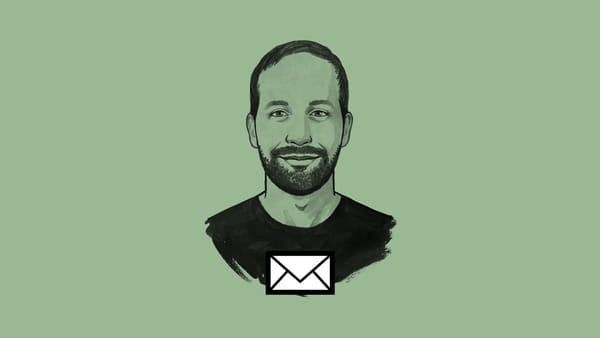Hi,
Over the past few days, disasters have cascaded around the world. More of California burned in a one-week span than in almost any other full year in recorded history. Hurricanes have battered the Caribbean and the US Gulf Coast. The strongest typhoon in North Korea’s history made landfall. Scientists unveiled doomsday updates from Greenland, Antarctica, and the North Pole.
Watching all this, I felt a familiar sense of despair settle in. When disasters are in the headlines, I often have a counter-intuitive response. My mind automatically races to the countless everyday changes in weather that go largely unnoticed, but in aggregate add up to civilisation-altering, fundamental changes that once manifest, become irreversible.
I find myself noticing the impulse to give in to climate doom.
This thread from my friend and former podcast co-host Jacquelyn Gill explains how this instinct is partly a result of privilege in climate spaces. It’s often easier to imagine the apocalypse than the systemic changes necessary in every aspect of society to steer us away from oblivion.
The climate emergency is very bad. It magnifies inequalities. It’s a manifestation of hundreds of years of injustice and erasure.
But if you find yourself thinking "we’re screwed", here’s a gentle reminder to ask yourself who "we" is. This has been happening for a long time.
This week’s good news on climate
We need to move past the "we’re screwed" narrative on climate change and ecosystem collapse. Fast. A dead world is not our destiny.
Yes, the odds are against us as long as we stay on our current path. But we can and must radically change that path. We can do this, and we will.
We’ve reached the point in the pandemic-climate-racial uprising emergency that there are multiple versions of reality floating around and it’s very difficult to keep track of reality. Hope is hard work, and some people just aren’t willing to do it.
I’ve subscribed to the concept of atmospheric harm reduction. Harm reduction is a strategy that’s used to de-escalate violence and self-harm, and involves things like sanitised needle distribution or legalising and regulating marijuana.
The same applies to the climate emergency. Every tonne of carbon avoided through developing tough new habits, every climate denier voted out of office and replaced with an imperfect-but-better candidate, every difficult conversation that helps you articulate your ardent love for the world and everything that’s worth saving – all of those help make the world a measurably better place.
There are days when it will feel like you can’t go on, that all your work is pointless. But in those days remember that a better world is always possible. We can take breaks. We can endure setbacks. But we can never, ever give up. You were born just in time to transform the world.
 Would you like to receive my newsletter in your inbox?
Follow my weekly newsletter for an insight into the work, thoughts and ideas that go into being a Climate correspondent.
Would you like to receive my newsletter in your inbox?
Follow my weekly newsletter for an insight into the work, thoughts and ideas that go into being a Climate correspondent.

